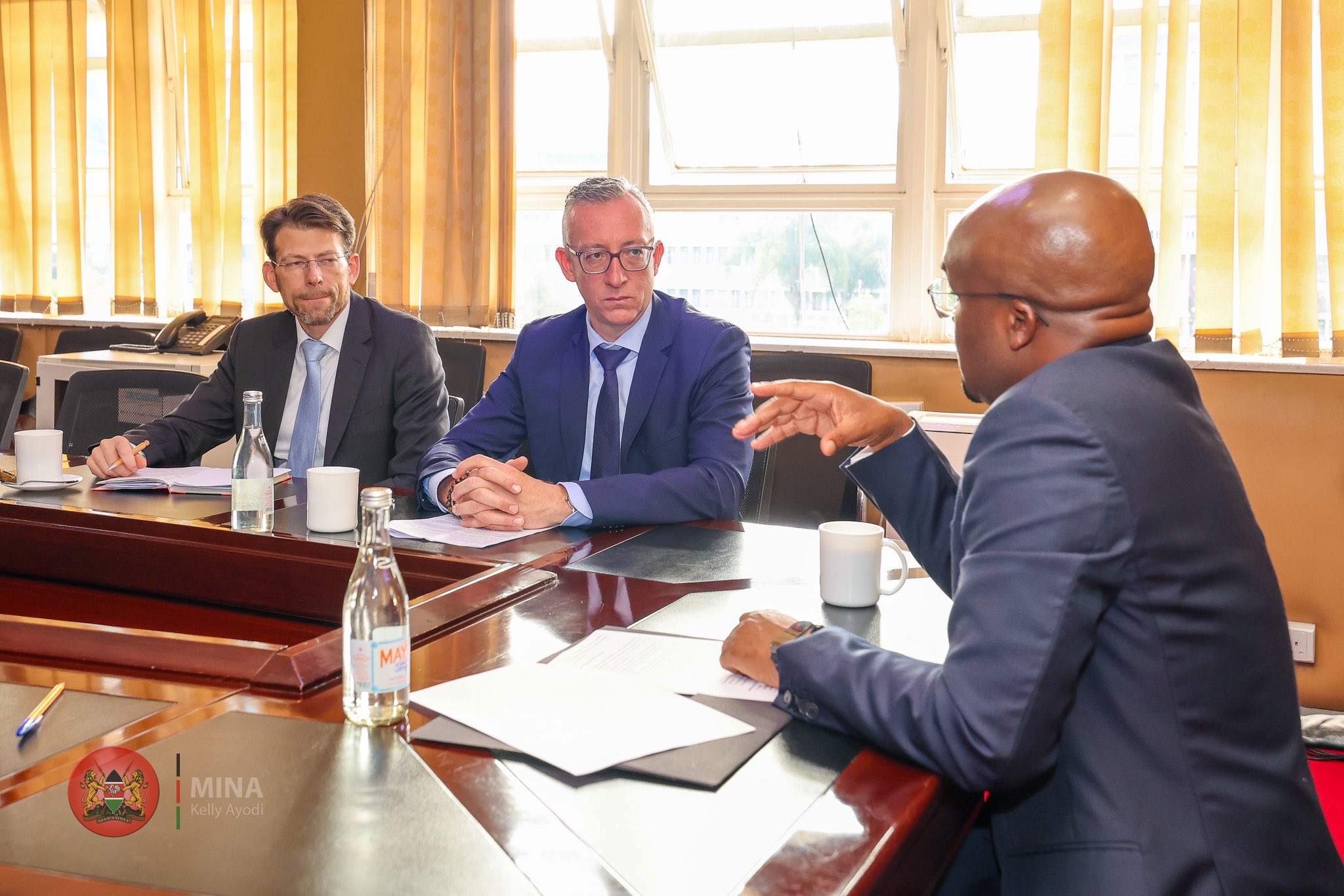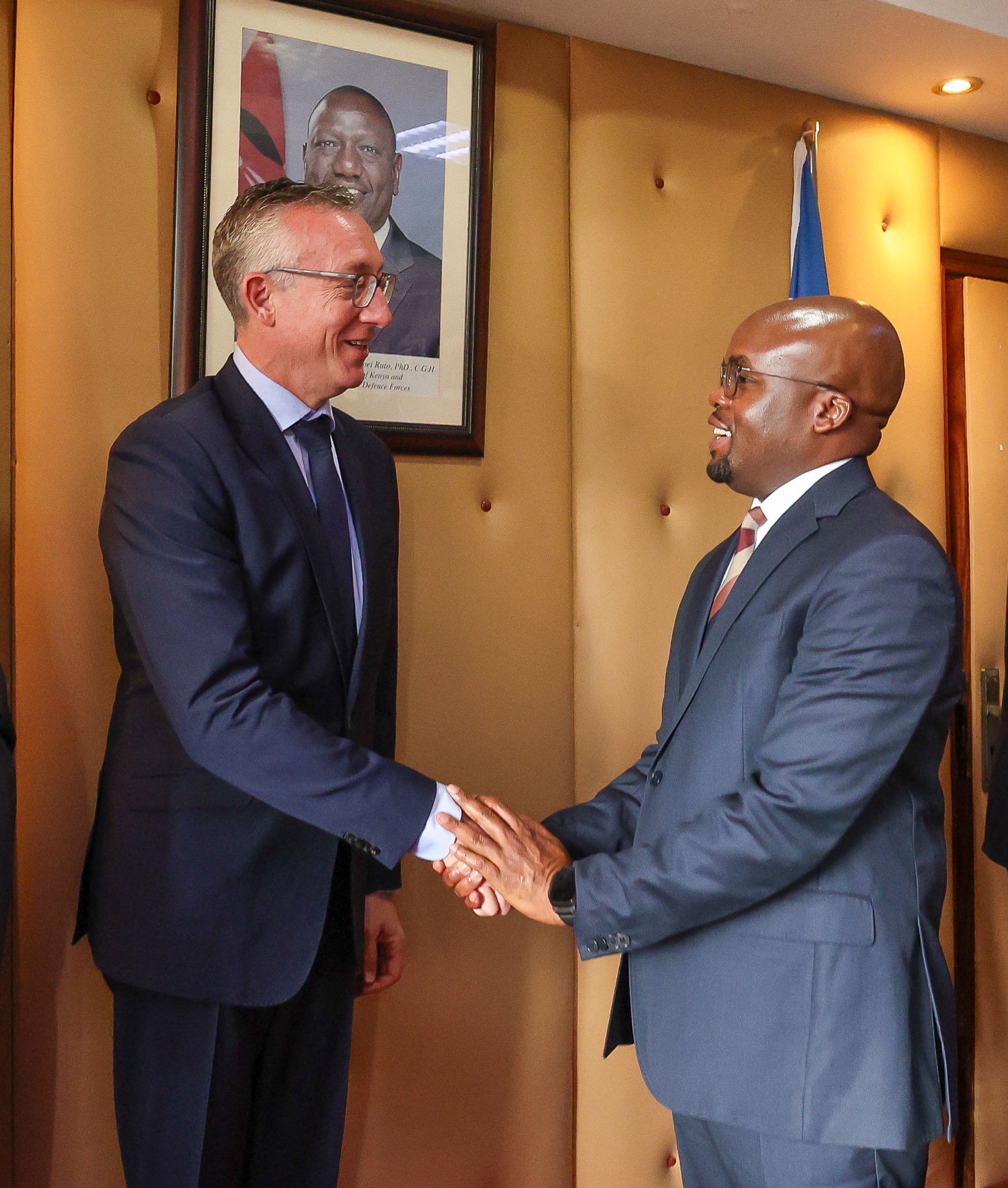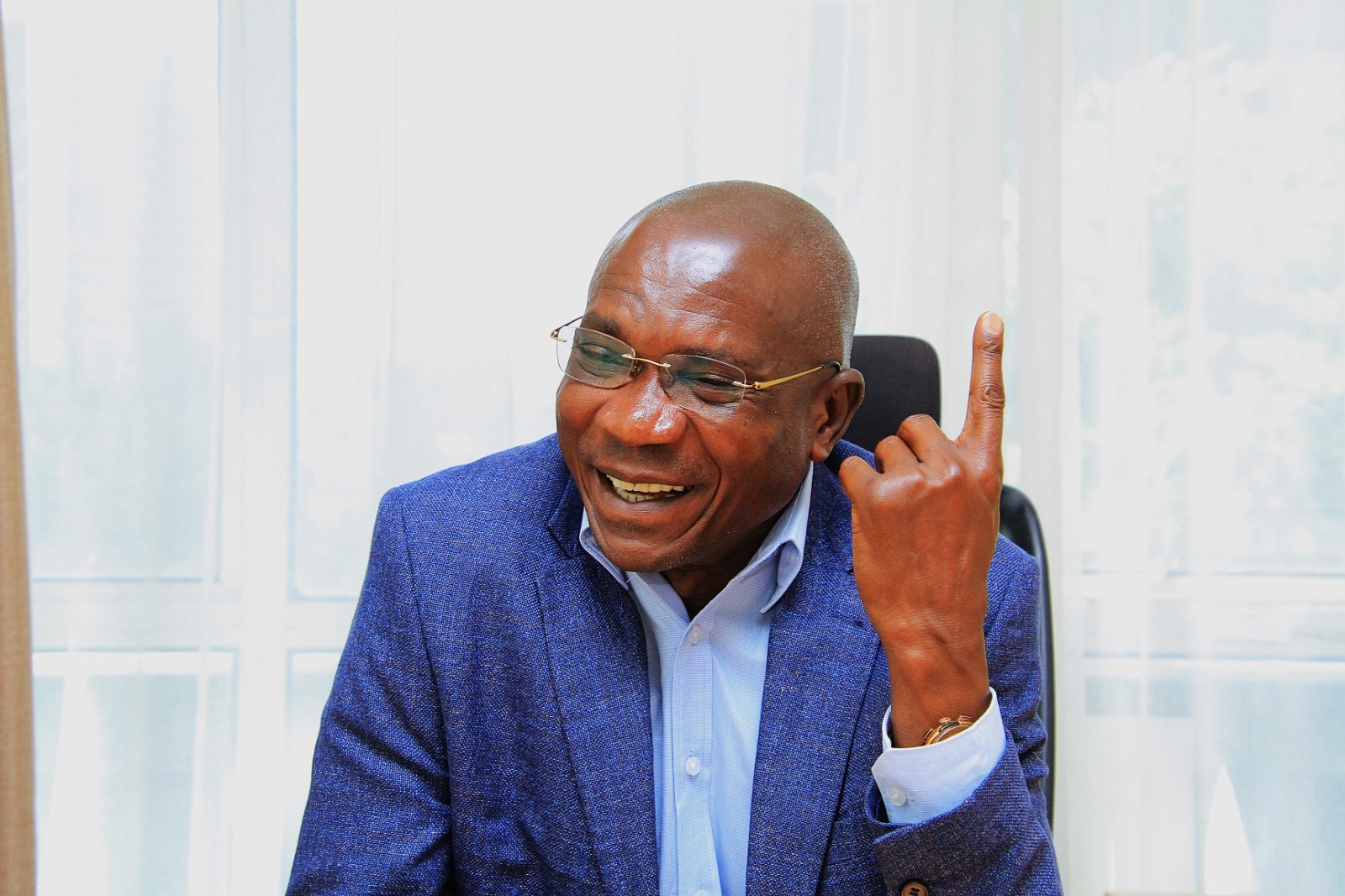

The government has moved to tighten controls in the labour
migration sector amid rising cases of scammers targeting Kenyans seeking
employment opportunities in Germany.
Officials say tougher screening of recruitment agencies is
now underway to protect workers and ensure their safety abroad.
The crackdown comes as the labour mobility programme between
Kenya and Germany records major growth.
According to the government, the number of skilled Kenyans
working in Germany has increased more than tenfold compared to two years ago.
Authorities say the surge in demand has also attracted
fraudulent agents promising fast-track jobs, often extorting money from
unsuspecting applicants. The government is now stepping up oversight to curb
the schemes.
Principal Secretary for Interior Dr. Raymond Omollo said the
government is working closely with the Ministry of Labour and Social Protection
to tighten sector regulation.
He said stricter vetting of labour recruiters will help
safeguard the welfare of Kenyans pursuing opportunities abroad.
“The labour mobility programme between Kenya and Germany is
a major success with more than ten times the number of skilled Kenyans now
working in Germany compared to two years ago.
Together with the Ministry of Labour and Social Protection,
we are tightening sector regulation, including stricter screening of
recruitment agencies to protect workers from scammers and guarantee their
welfare while working abroad,” Omollo said on Tuesday.
The issue was among the key points discussed during a courtesy
call meeting between Omollo and Germany’s Ambassador to Kenya, Sebastian Groth
on Tuesday.
The two officials reviewed progress in the labour mobility
partnership and explored ways to enhance worker protections.
The government says it is committed to ensuring that Kenyans
recruited to work in Germany receive accurate information, fair treatment and
full support as they transition into foreign employment.
Officials also noted that the strong uptake of the programme
reflects growing confidence in Kenya’s skilled workforce.
The joint efforts between Nairobi and Berlin are expected to
strengthen the labour corridor, expand opportunities for Kenyan professionals
and create safer migration channels for jobseekers.
The government has urged the public to verify the legitimacy
of recruitment agents and report suspicious intermediaries.
The Labour Mobility Agreement between Kenya and Germany, the
first of its kind signed between Germany and an African country, seeks to
tackle Kenya’s high youth unemployment while meeting Germany’s demand for
skilled labour.
The program is a key plank of President William Ruto’s
Bottom-Up Economic Transformation Agenda (BETA), which seeks to create jobs
both at home and abroad.
A key pillar of the program has been German language
training, previously a major barrier for many applicants.

Tom Mboya University has now been accredited as a German
Language Examination Centre, removing the need for students to travel to
Nairobi for certification.
The inaugural cohort of the youth, drawn from Tom Mboya
University, to take up job opportunities in Germany under a landmark labour mobility
agreement left the country in September.
They will fill gaps in sectors such as healthcare,
engineering, and hospitality, in what officials describe as a structured and
dignified path to global employment.
Speaking ahead of their departure, Omollo said the pact
marks a turning point in the country’s efforts to tackle youth unemployment
while meeting Germany’s growing need for skilled workers.
“It provides safe opportunities, eases immigration
procedures, and safeguards you from unscrupulous agents. Fear not, you are not
walking into uncertainty.”
He drew parallels between the initiative and the famous
1960s student airlifts championed by the late Tom Mboya.
Those airlifts sent dozens of young Kenyans, among them
Barack Obama Sr., to study in the United States, shaping both Kenya’s future
and the world’s.
Omollo told the pioneers they were not only pursuing
personal ambitions but also carrying the hopes of their families, communities,
and the country.















